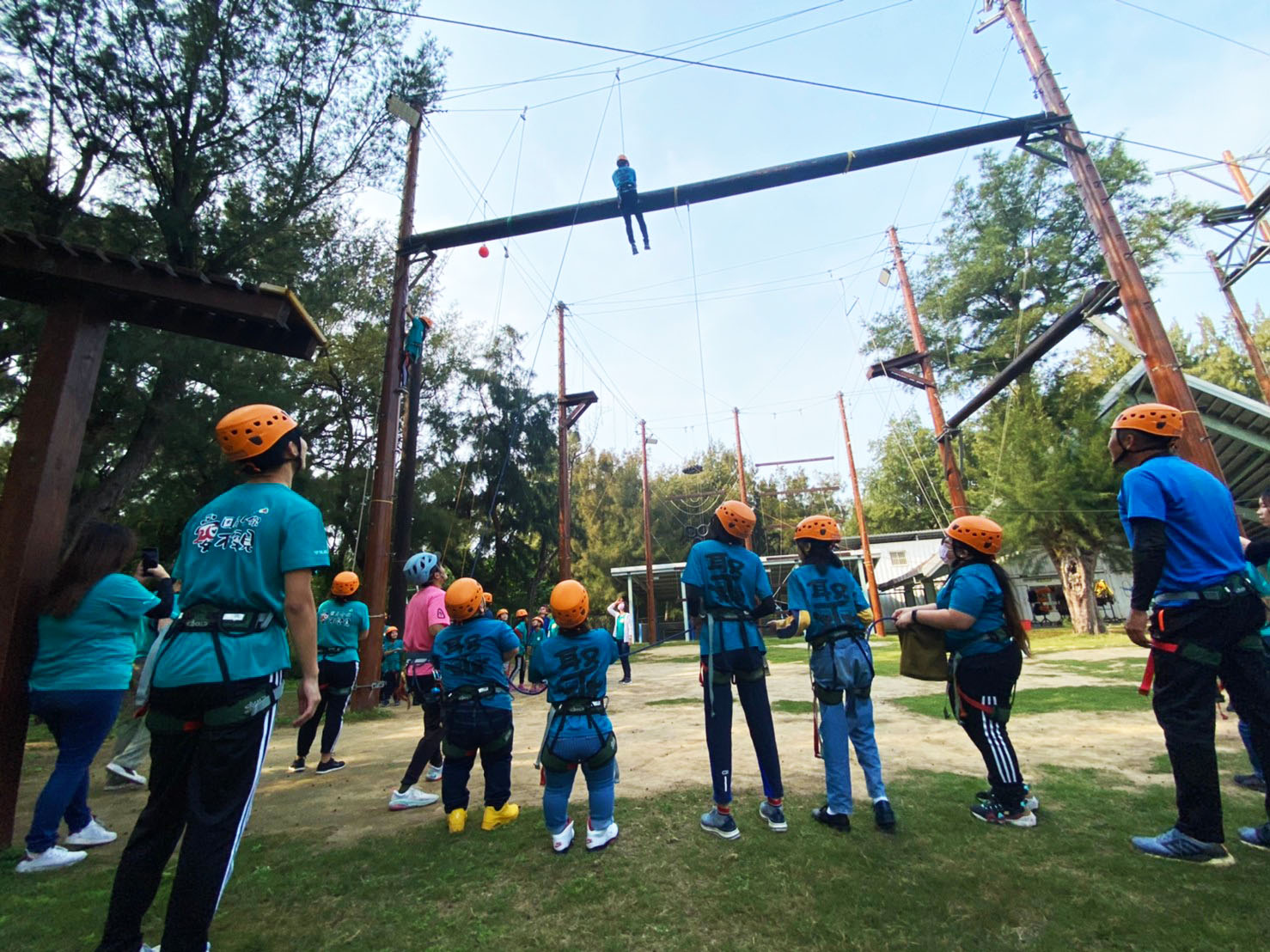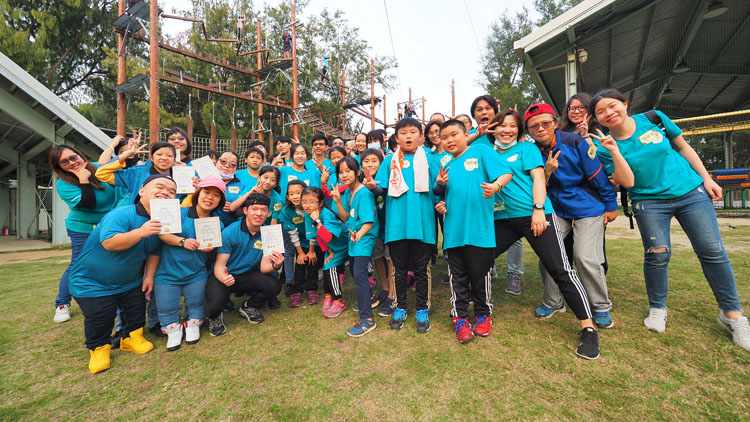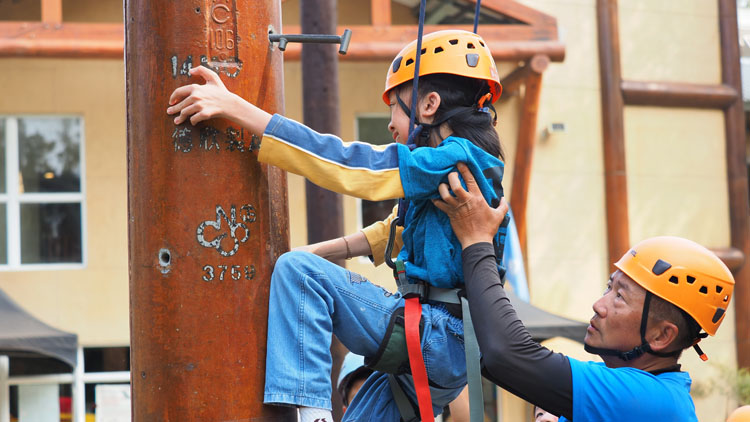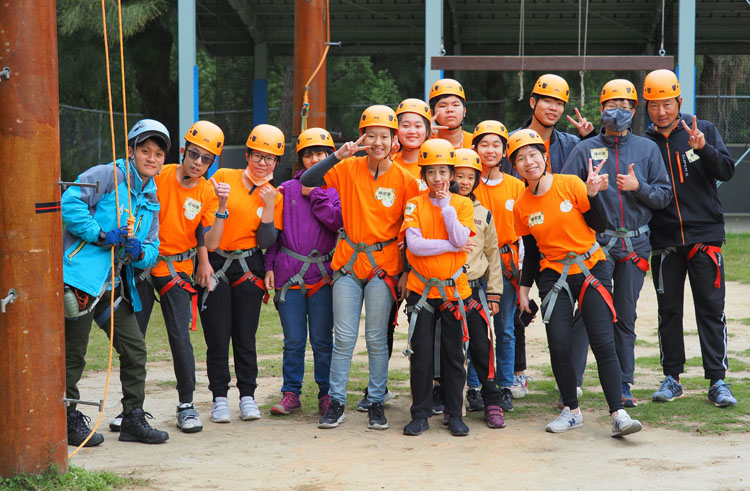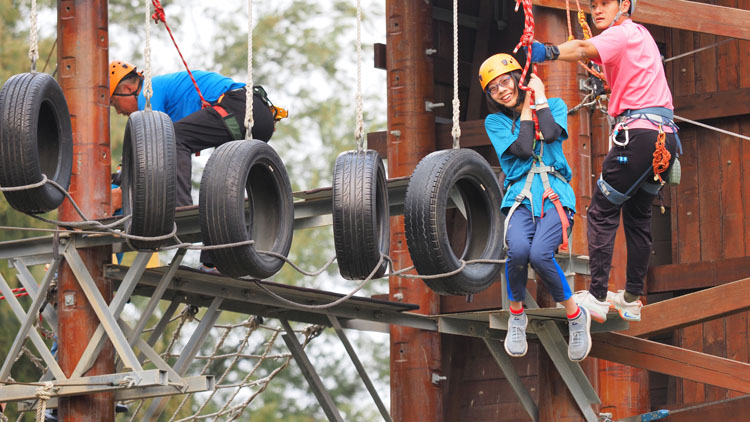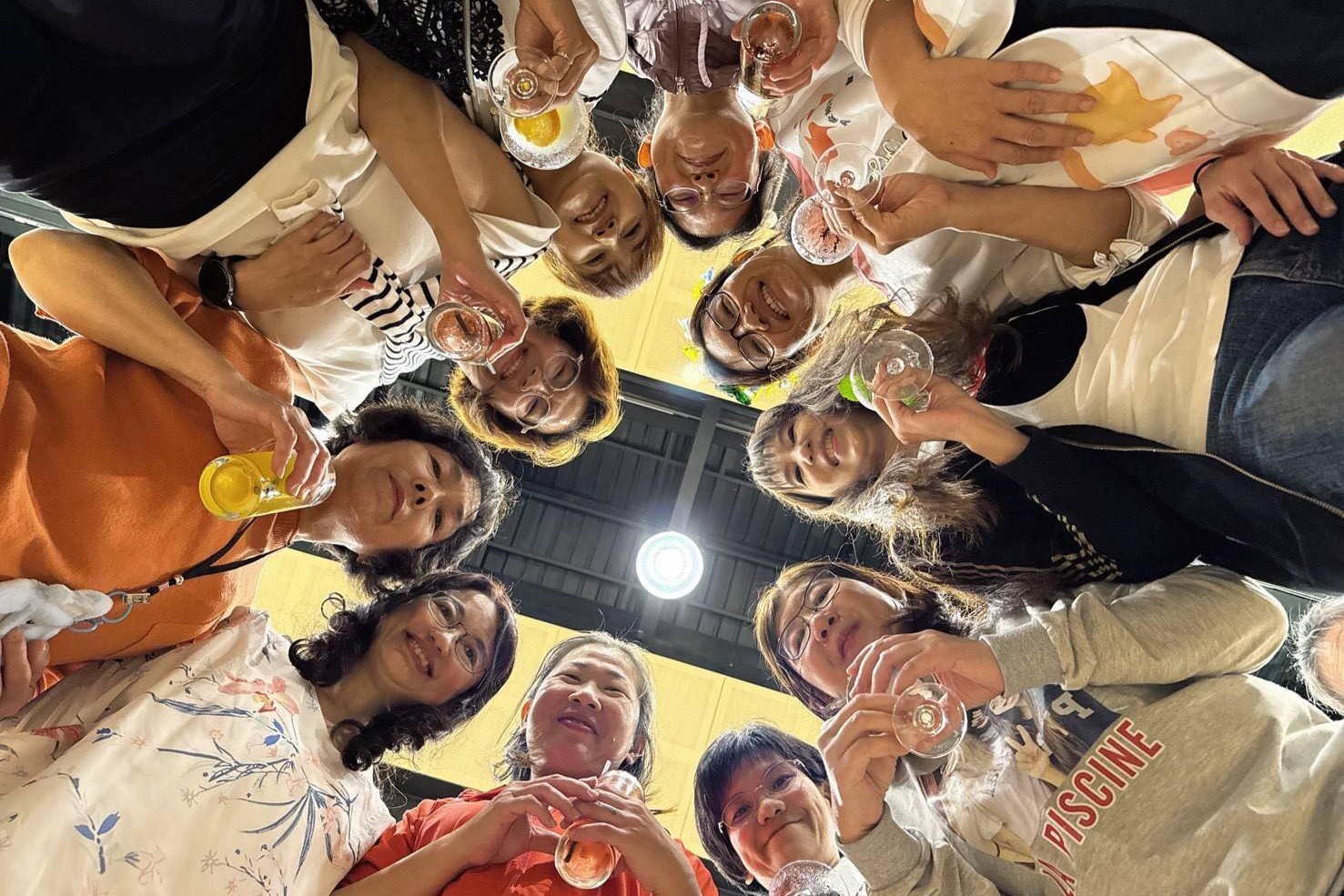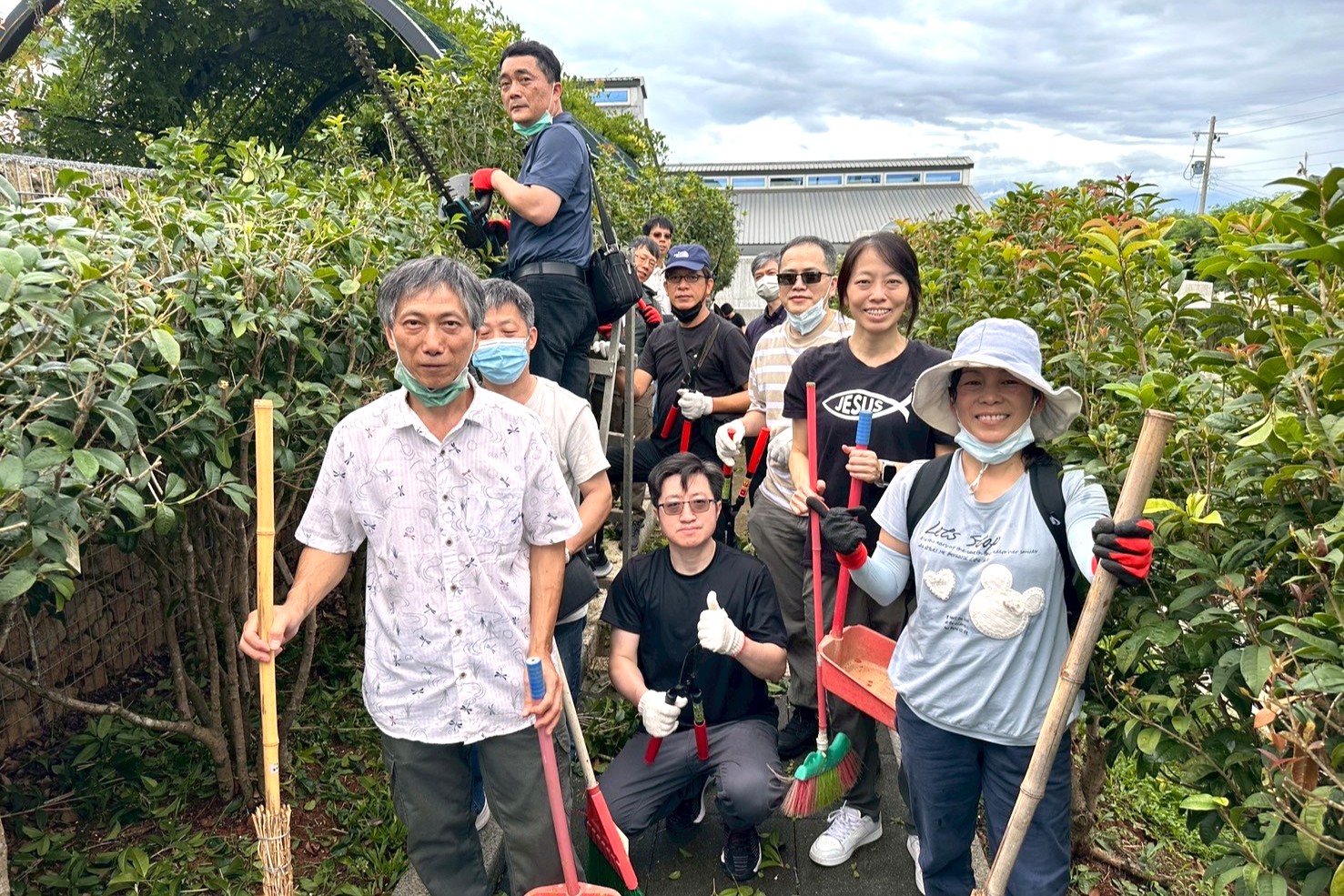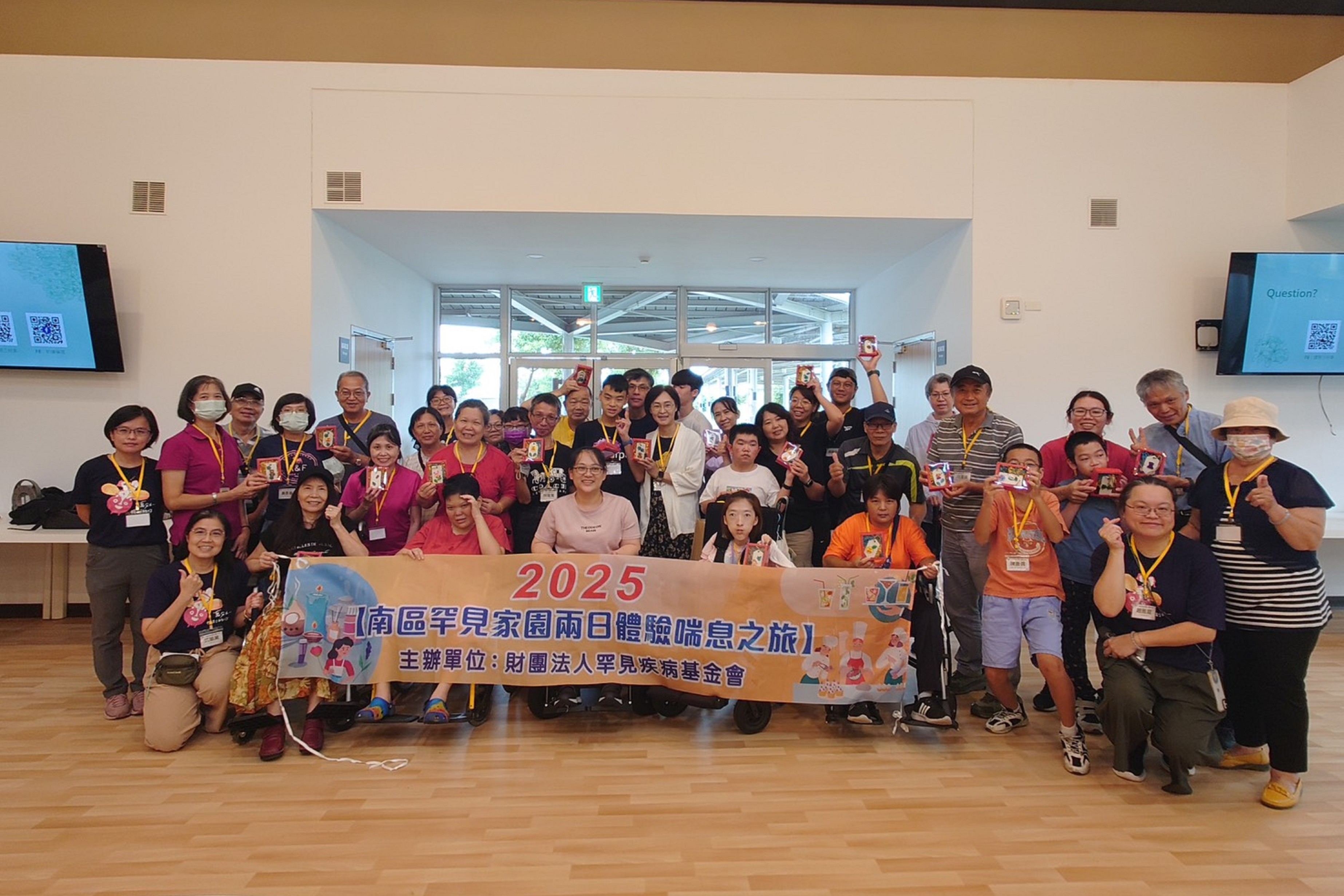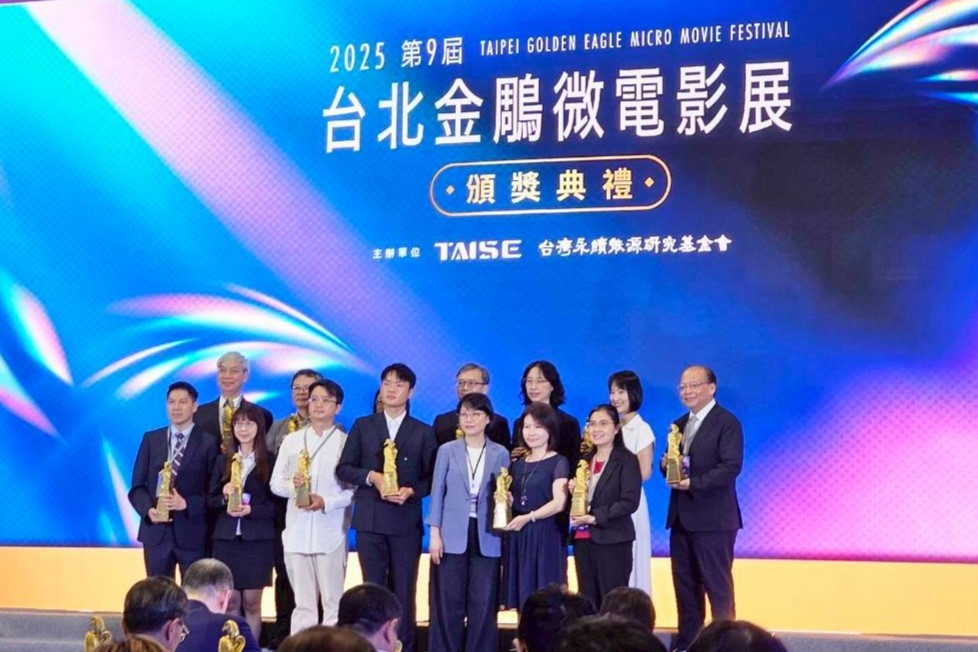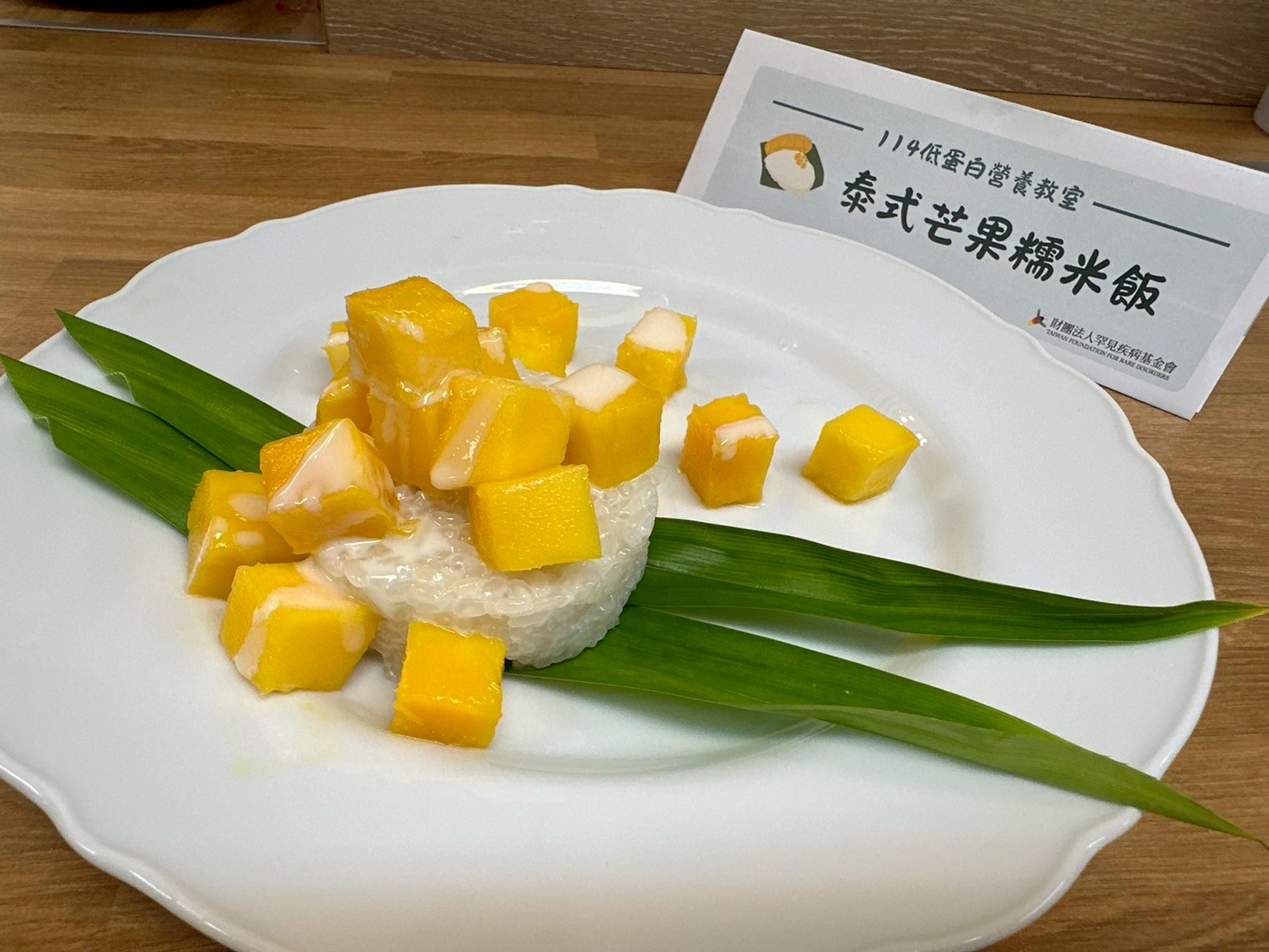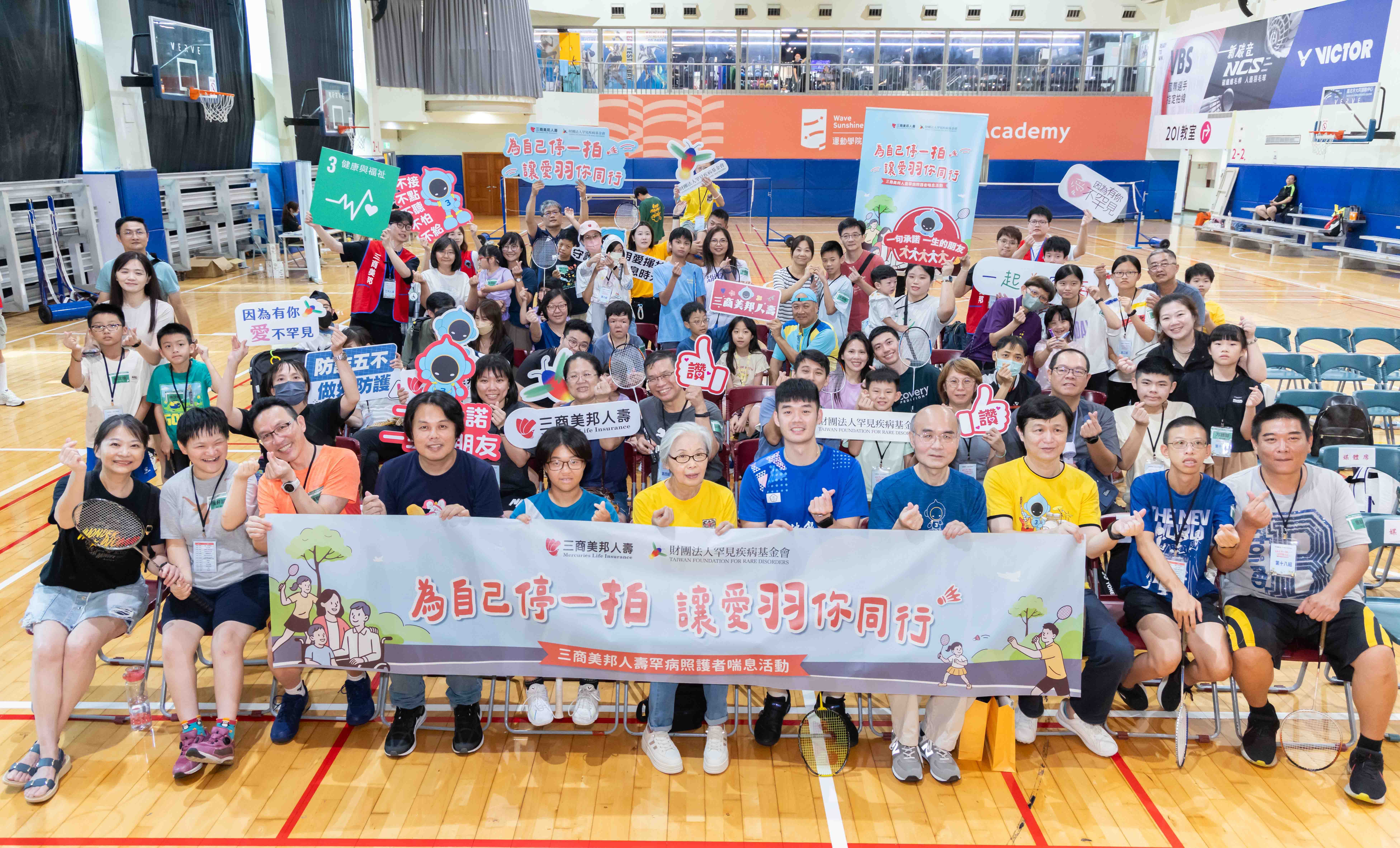News
Pushing Limit via Youth Exploration Camp
Due to their illness, patients with rare diseases (RD) face more difficulties than others in living, socializing, and learning. TFRD has organized youth interpersonal camps and ball camps over the years, hoping that these RD children can find their self-confidence by exploring their potentialities through static and dynamic activities. On March 20, TFRD took 22 patients and their siblings to the Taoyuan Youth Experience Learning Park for a two-day-one-night exploration camp. The camp not only fosters the independence of young people, but also builds teamwork skills via low-altitude and high-altitude facilities.
Early that morning, the parents and TFRD’s staff carefully checked the children's physical condition and medication practices. Some of the children were very excited because it was their first time to spend the night out without their parents. After arriving at the park, they immediately started to do group activity of peace to build up their mutual trust. In the afternoon, a fierce competition called Human Table Soccer began. The game tests the foot strength of the players and the agility of the defenders. After three rounds, everyone was drenched in sweat and had a great time.
The high elements are one of the highlights of the camp. We expect that through group support, children will be able to step out bravely when they encounter difficulties. We would like to thank Coach Meng of the Rare Bravers baseball team for being the supervisor to help us. The first game was called Aerial Single-plank Bridge. You need to use both hands and feet to climb up the wooden pillars of 2 to 3 stories high. When you reach the highest point, you have to overcome your fear and take a 10-meter walk in the air! The next game, Aerial Vine Path, was even more difficult. With only one rope under your feet, you need to grab tightly the swinging rope in the air for support. This trains not only your sense of balance but also your muscle endurance and explosive power. The loud cheers from the teammates during the course and the calm coaching from Coach Meng boosted the participants' courage to move step by step towards the finish line. When they returned to the ground, they were all smiling with victory.
Given that the younger patients with Mitochondrial defect and Williams syndrome have difficulty climbing alone due to their poor coordination and lack of muscle strength, a "self-assurance facility" was also installed. Besides the 22 trainees, there were also 6 co-workers from the Little Giant Hot Pot Restaurant to join us. They are all adult RD patients who have overcome fatigue and epilepsy to serve others in the workplace. They are role models for everyone. Finally, we would like to thank the parents for their trust and willingness to let their children live out these two challenging and sweaty days.
Translator: David Lee (Becker Muscular Dystrophy)

